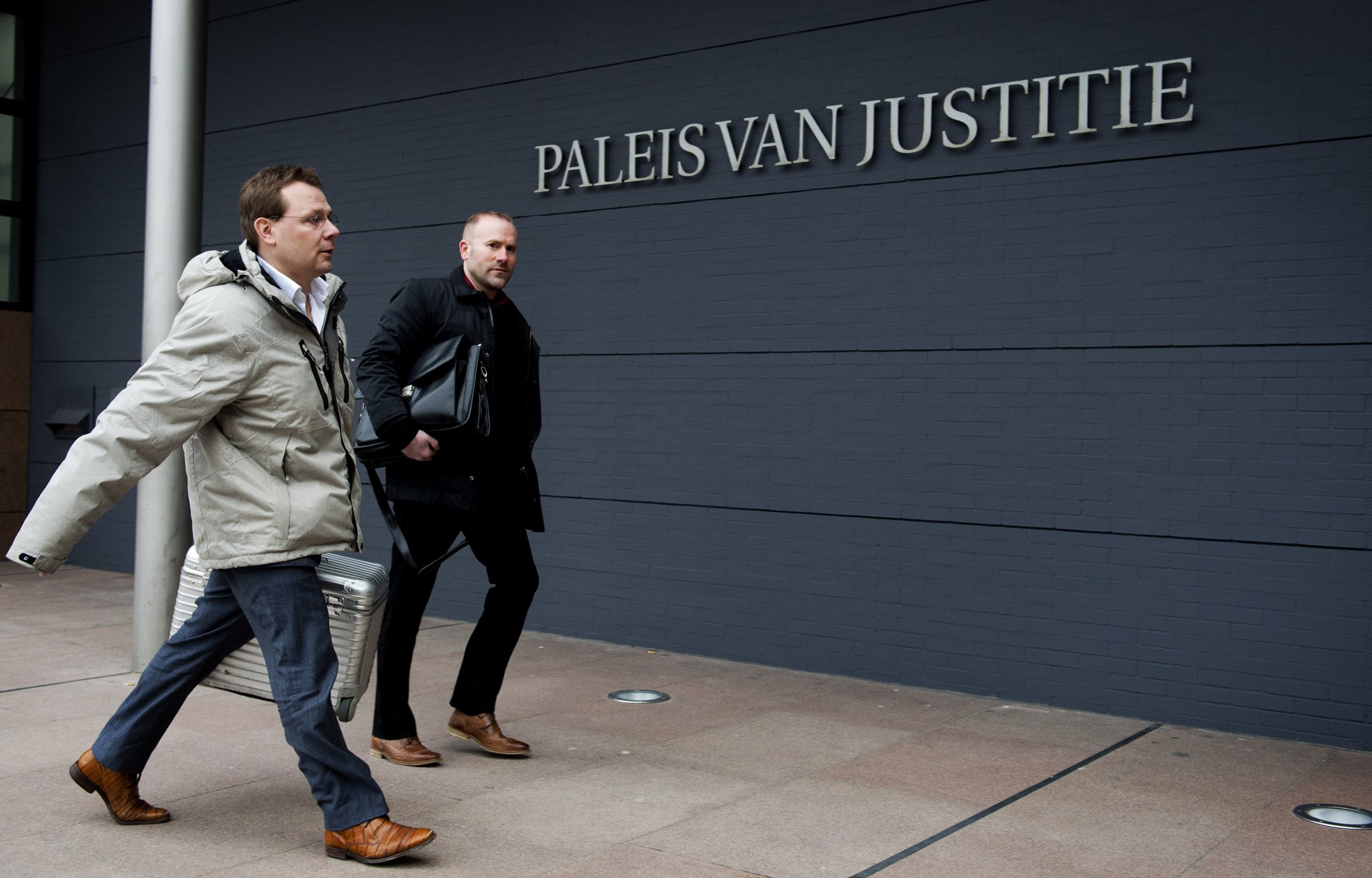
In a setback for the Obama administration’s use of law enforcement to fight al-Qaeda, the Supreme Court of the Netherlands on Friday blocked the extradition to the U.S. of Sabir Ali Khan, a Dutch-Pakistani man wanted in New York for conspiracy to commit murder and support of al-Qaeda.
The U.S. believes Khan was involved in Taliban and al-Qaeda attacks against Americans in Afghanistan’s Kunar Province in 2010, according to U.S. court documents obtained by TIME. Khan was arrested by Pakistani forces in Sept. 2010, allegedly at the request of the U.S., and held at a secret prison where he says he was tortured.
Khan, whose mother was Dutch, has citizenship in the Netherlands and was eventually released to Dutch authorities and flown to Holland, where he was arrested. His Dutch lawyer argued that the government should determine whether Khan was arrested at the U.S. behest, and whether he would face a threat of further torture if he were extradited.
The Dutch Supreme Court Friday ruled that the extradition could not proceed because the Dutch Government had declined to look into the alleged U.S. role in Khan’s arrest. The Court, which did not address the threat of torture by the U.S., concluded “the Dutch State should have done some research in this matter,” says Dutch Supreme Court Spokeperson Mireille Beentjes. In blocking the extradition, the court stressed “the large interest of combatting torture worldwide,” Beentjes said, quoting from the court’s opinion.
Robert Nardoza, spokesman for the Eastern District of New York, where Khan was indicted on five counts in 2010, said, “We’re going to review the ruling by the Dutch Supreme Court and consider our options.”
Khan, who is in his late 20s, declined to comment when reached by telephone Friday. He remains free and living in the Netherlands. In January, he told TIME that while he suspects he is under constant surveillance, “Officially I have no restrictions on me.”
The case shows how the U.S. must increasingly rely on other states’ legal systems in countering terrorism as Washington attempts to wind down extraordinary powers granted to the president after 9/11. Those states are sometimes more or less aggressive than the U.S. would like, and counterterrorism officials are having to adjust as a result.
More Must-Reads From TIME
- The 100 Most Influential People of 2024
- Coco Gauff Is Playing for Herself Now
- Scenes From Pro-Palestinian Encampments Across U.S. Universities
- 6 Compliments That Land Every Time
- If You're Dating Right Now , You're Brave: Column
- The AI That Could Heal a Divided Internet
- Fallout Is a Brilliant Model for the Future of Video Game Adaptations
- Want Weekly Recs on What to Watch, Read, and More? Sign Up for Worth Your Time
Contact us at letters@time.com